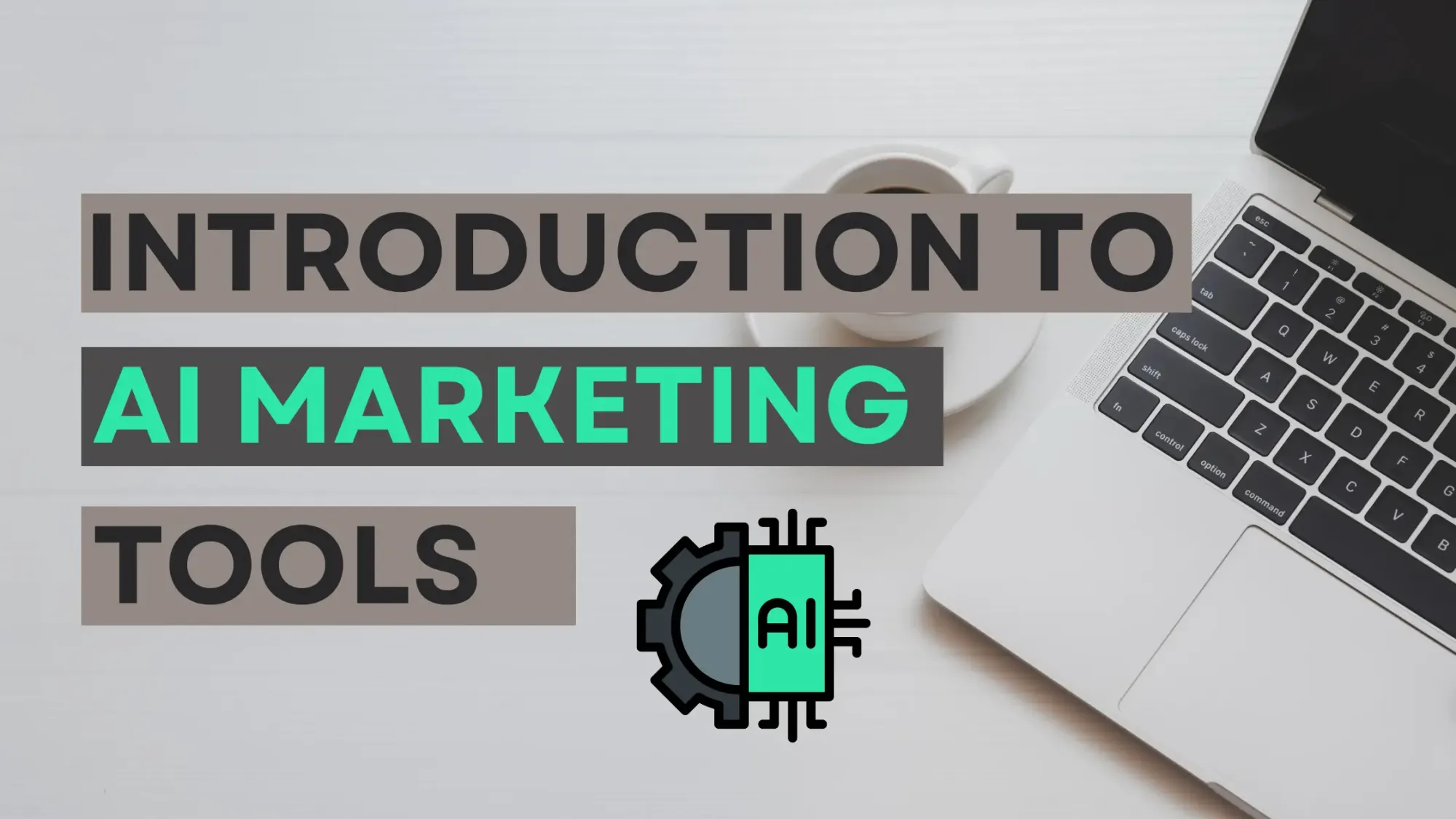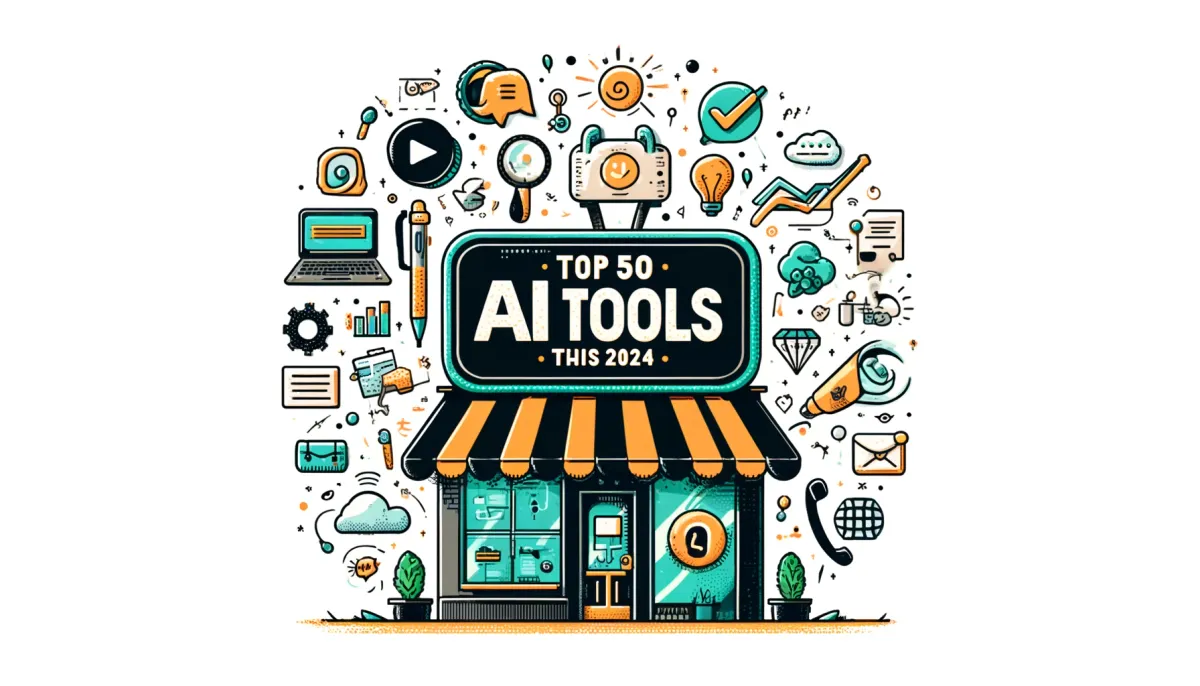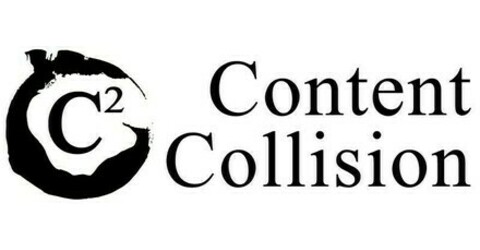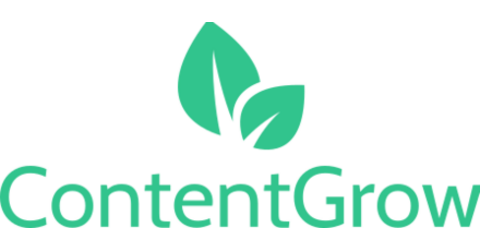Introduction to AI marketing tools
Discover AI marketing tools and how they are transforming marketing strategies with advanced personalization, predictive analytics and more. Learn about the key benefits and future trends shaping the industry.

Today, marketers face the challenge of engaging audiences more effectively while staying ahead of the competition. Artificial Intelligence (AI) marketing tools are changing the way businesses and individuals approach their marketing strategies. By leveraging technologies such as machine learning and natural language processing, these tools can automate tasks, analyze vast amounts of data, and personalize customer interactions in ways that were previously unimaginable.
Whether you're looking to streamline your workflow, gain deeper insights into consumer behavior, or simply stay updated on the latest trends, AI marketing tools offer a wealth of opportunities. This article delves into the myriad benefits of AI in marketing, exploring how it enhances efficiency, personalization, and overall campaign performance.

What are AI marketing tools?
Artificial Intelligence (AI) marketing tools are transforming how businesses engage with their audiences, offering innovative ways to optimize and personalize marketing strategies. Today, these tools leverage AI technologies, such as machine learning and natural language processing, to automate various marketing tasks, from content creation to data analysis.
For instance, AI-driven platforms can analyze vast amounts of data to uncover insights about customer behavior and preferences, enabling marketers to tailor their campaigns more effectively. Tools like Jasper.ai help in creating content while platforms such as HubSpot use AI for tasks ranging from SEO optimization to email personalization.
Companies like Flick use AI to optimize social media content and scheduling, ensuring posts reach the right audience at the optimal time. While tools like Sprout Social use AI to measure social media performance, conduct sentiment analysis, and automate media buying, ensuring that marketing efforts are both effective and efficient.
Benefits of using AI in marketing
Using AI in marketing brings numerous benefits that significantly enhance the efficiency and effectiveness of marketing strategies. Here are some key advantages:
1. Automation of routine marketing tasks
AI tools can handle tasks such as scheduling social media posts, analyzing data, and generating content. This frees up marketers to focus on strategic initiatives and reduces manual effort. Additionally, 54% of companies report benefiting from AI by automating business processes, leading to cost savings and increased efficiency.
2. Increased efficiency and cost savings
By automating these functions, businesses can allocate resources more effectively, leading to improved productivity and reduced costs. This is illustrated with data showing that 56% of businesses use AI to enhance customer service productivity, and 30% of organizations save employees' time with AI tools and software.

3. Deeper insights into consumer behavior
AI tools analyze customer data to provide insights into consumer behavior and preferences, enabling more targeted and personalized marketing campaigns. This enhances customer engagement and satisfaction as messages are tailored to individual needs and interests. For instance, 68% of marketers utilize AI in their daily tasks, reflecting its widespread adoption for personalization and other purposes.
4. Optimized campaign and lead generation performance
AI-driven analytics help marketers make data-informed decisions, optimizing campaign performance and improving return on investment (ROI). Additionally, 55% of B2B marketers in the U.S. report using chatbots to generate new leads, demonstrating the effectiveness of AI in enhancing lead generation.

Future trends in AI marketing tools
The future of AI marketing tools is set to be defined by several key trends that will shape how businesses approach their marketing strategies.
1. Advancement of AI personalization capabilities
AI-driven tools are becoming more adept at analyzing customer data to deliver highly personalized experiences. This includes real-time customization of content based on individual user behavior, preferences, and interactions across multiple channels. Such enhanced personalization not only boosts engagement but also increases customer satisfaction and loyalty.
2. Integration of AI with voice and visual search technologies
With the increasing use of voice-activated assistants like Siri, Alexa, and Google Assistant, and the growing popularity of visual search on platforms like Pinterest, marketers are leveraging AI to optimize content for these new modes of search. AI algorithms can analyze spoken queries and images to provide relevant search results, helping brands to reach consumers in more interactive and intuitive ways.
3. Expansion of AI in predictive analytics
Predictive analytics involves using historical data, machine learning, and statistical algorithms to predict future outcomes. This trend allows marketers to anticipate customer needs, optimize inventory levels, and tailor marketing efforts to specific customer segments.
By predicting trends and consumer behaviors, businesses can make more informed decisions and stay ahead of the competition. This proactive approach leads to more efficient marketing strategies and better resource allocation.
4. Integration of AI with augmented reality (AR) and virtual reality (VR)
These immersive technologies, powered by AI, provide unique and engaging experiences for consumers. For example, AI can enhance AR/VR applications by analyzing user interactions and adapting the virtual environment in real-time to better meet user expectations. This trend opens up new possibilities for product demonstrations, virtual try-ons, and interactive advertisements, making marketing campaigns more compelling and memorable.
By staying abreast of these trends, you and your team can harness the full potential of AI marketing tools to create more effective and engaging marketing strategies. As AI technology continues to evolve, it will offer even more innovative solutions for reaching and connecting with consumers.
ContentGrow is a managed talent network for brands and publishers to work with high-quality freelance writers and journalists worldwide. Sign up to get started or book a discovery call to learn more.




